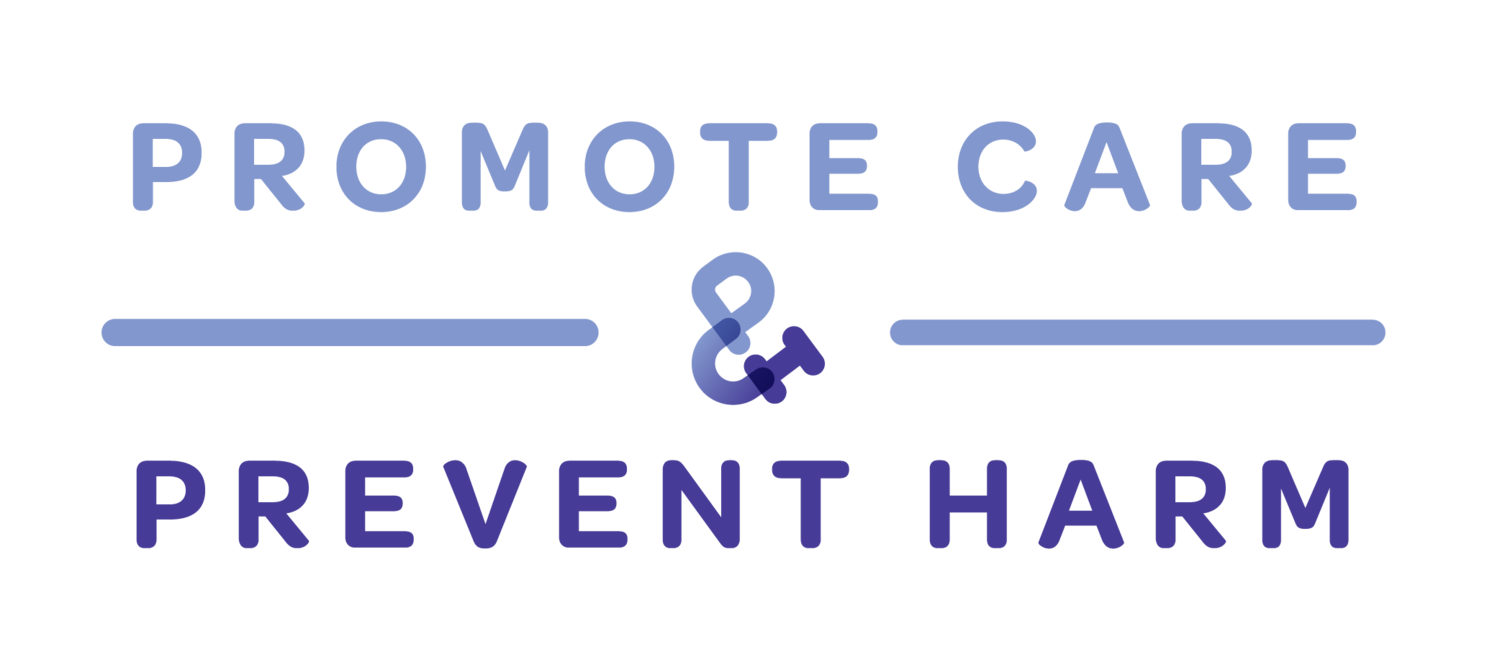Mindsets to Promote Care & Prevent Harm
How do you think about social change? People have different mindsets about how to address mental health, physical health, safety, and relationships.
We would like to invite you to take part in a research study that we are doing to understand goals and strategies about ways people consider more care and less harm in their surroundings. This study involves a survey that takes no more than 20 minutes to complete. There is no payment for participating. However, you can receive the score from your responses at the end of the study. This score is meant to reflect your preferred mindsets or views for creating change.
The principal investigator/researcher is Jordan Booker PhD, an assistant professor in the Department of Psychological Sciences at the University of Missouri. If you have any questions about participating, email him at bookerja@missouri.edu or follow the links below to learn more about this project.
Have you taken the Mindsets Assessment? Record your Scores!
The Mindsets Map
This template provides space for people to record their scores on promotive and preventive mindsets, reflect on how their mindsets relate to situations, success, failure, strengths, and errors!
Join our Promotive & Preventive Mindsets Webinar
The Promotive & Preventive Webinar presents how to leverage your promotive or preventive mindset. Explore how mindsets are developed, the differences between the two mindsets, the strengths of each mindset, and the biases associated with each mindset. Additionally, you will be provided with an introduction to how mindsets affect goals and strategies to create social change. Learn about when your promotive or preventive mindset does and does not fit the mindsets of others, different situations, and different problems. As a result, you will be better able to align your behaviors with personal goals that are more intrinsically motivating.
Want to join a no-cost webinar to leverage your mindset for change?
Limitations of Mindsets
Mindsets are overly simple ways to discuss simple and complex thinking by human beings on a range of personal, interpersonal, institutional and structural issues. We use mindsets as an introductory way to discuss how people generally think about concepts, but we don’t stop there. Change is about about much more than mindsets… it’s about teams of people working collaboratively toward shared outcomes. In our view, we believe mindsets can be useful, but they are NOT the solution to complex social change.





